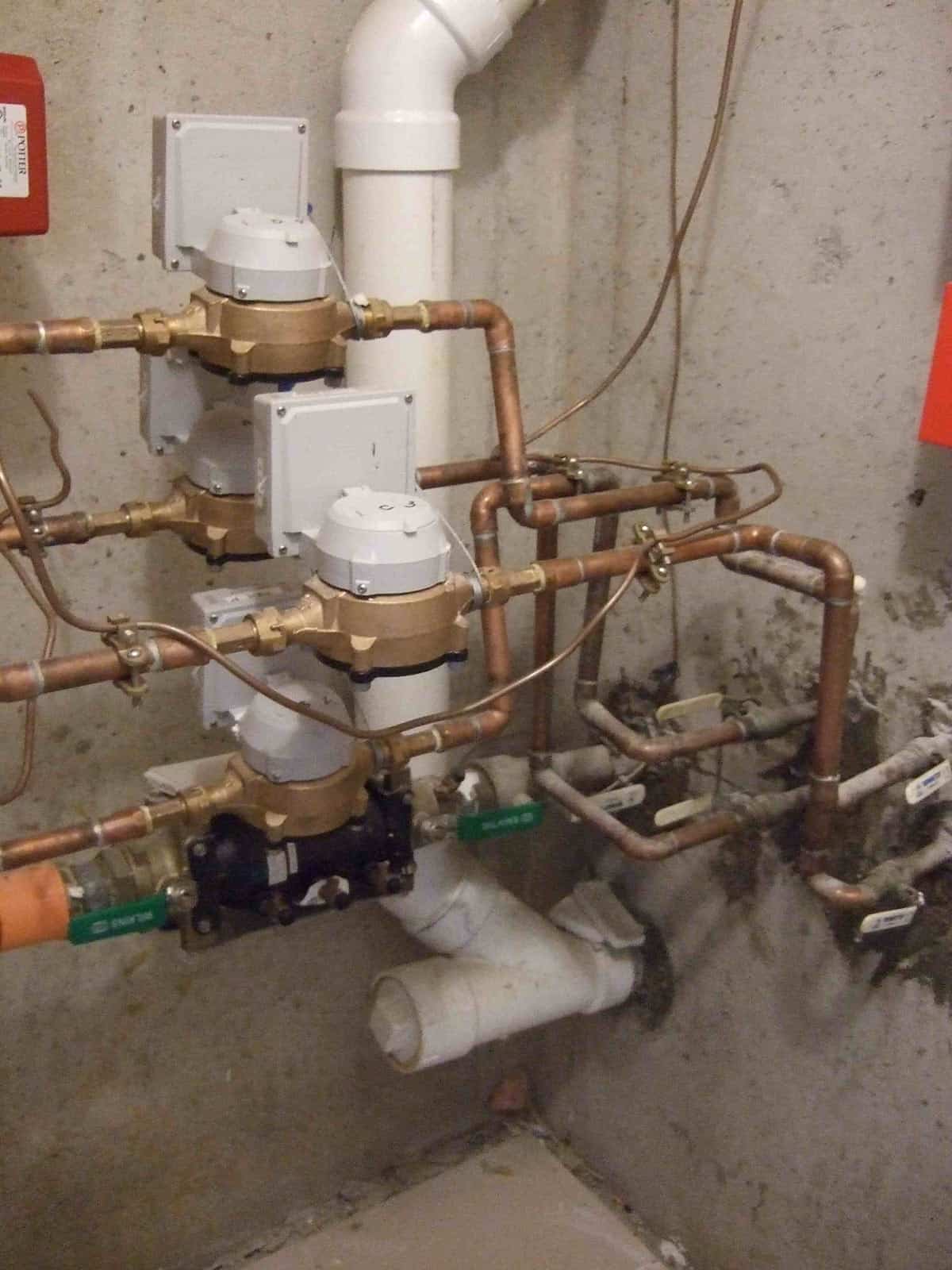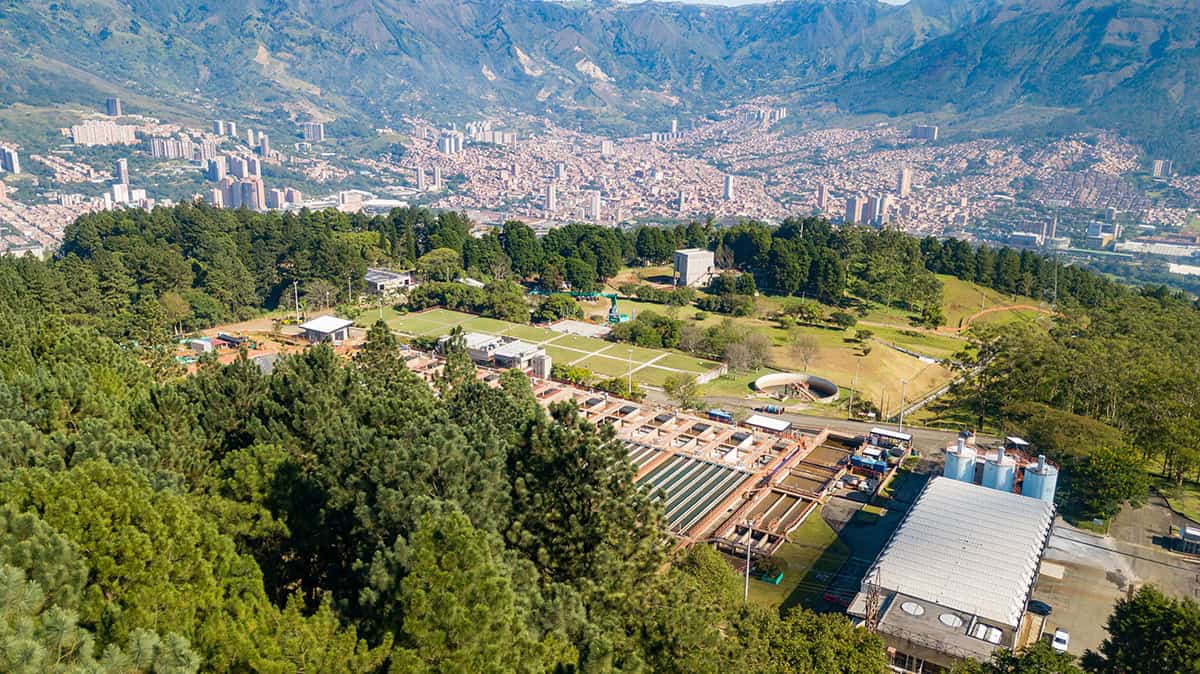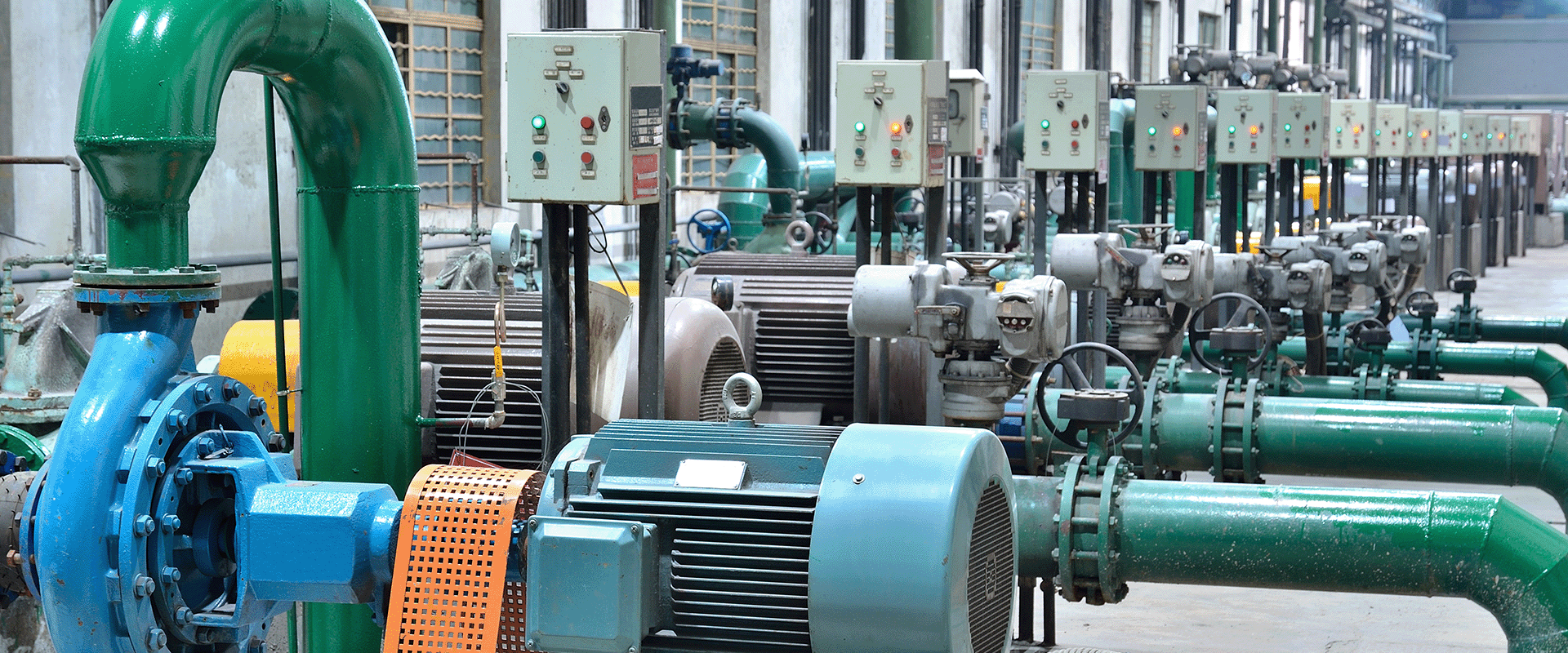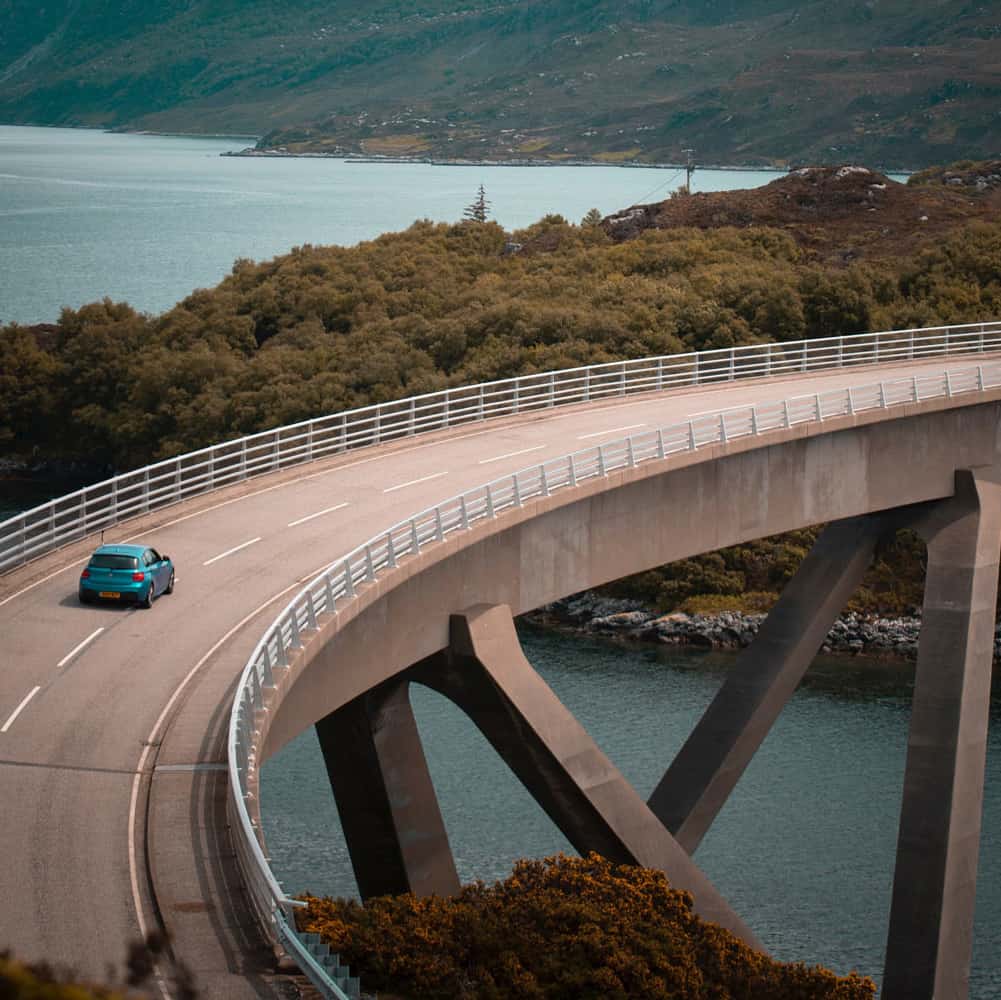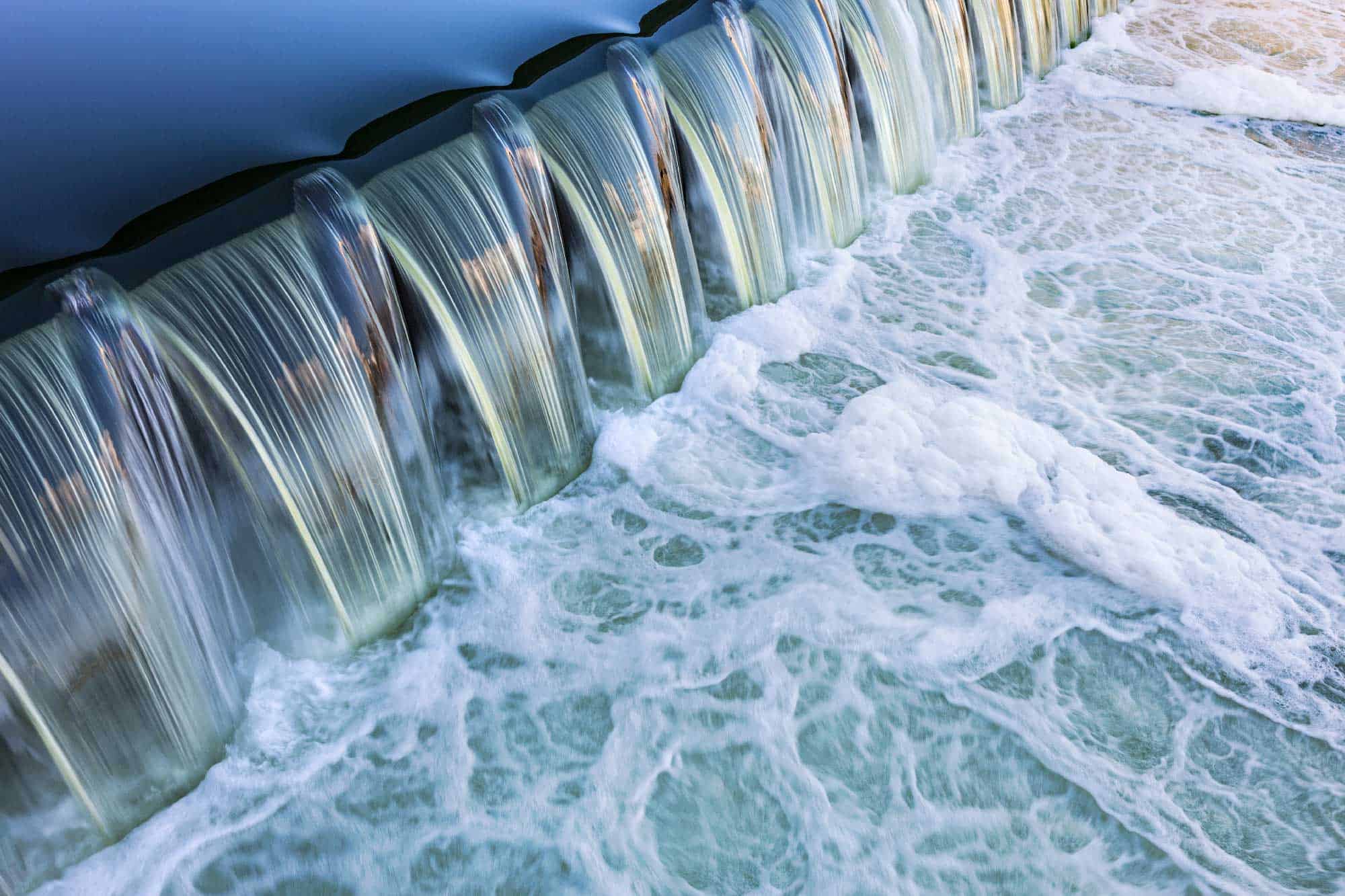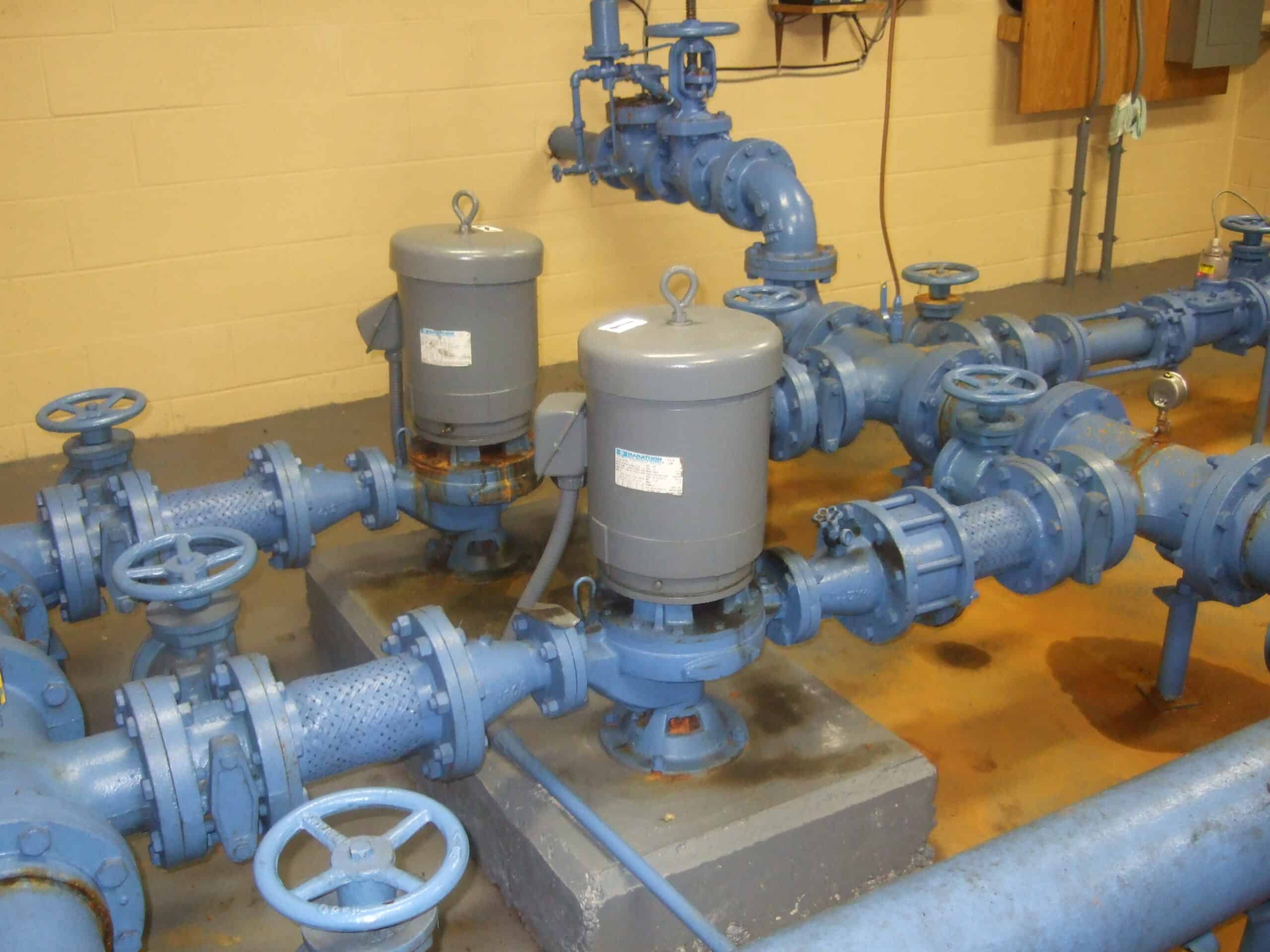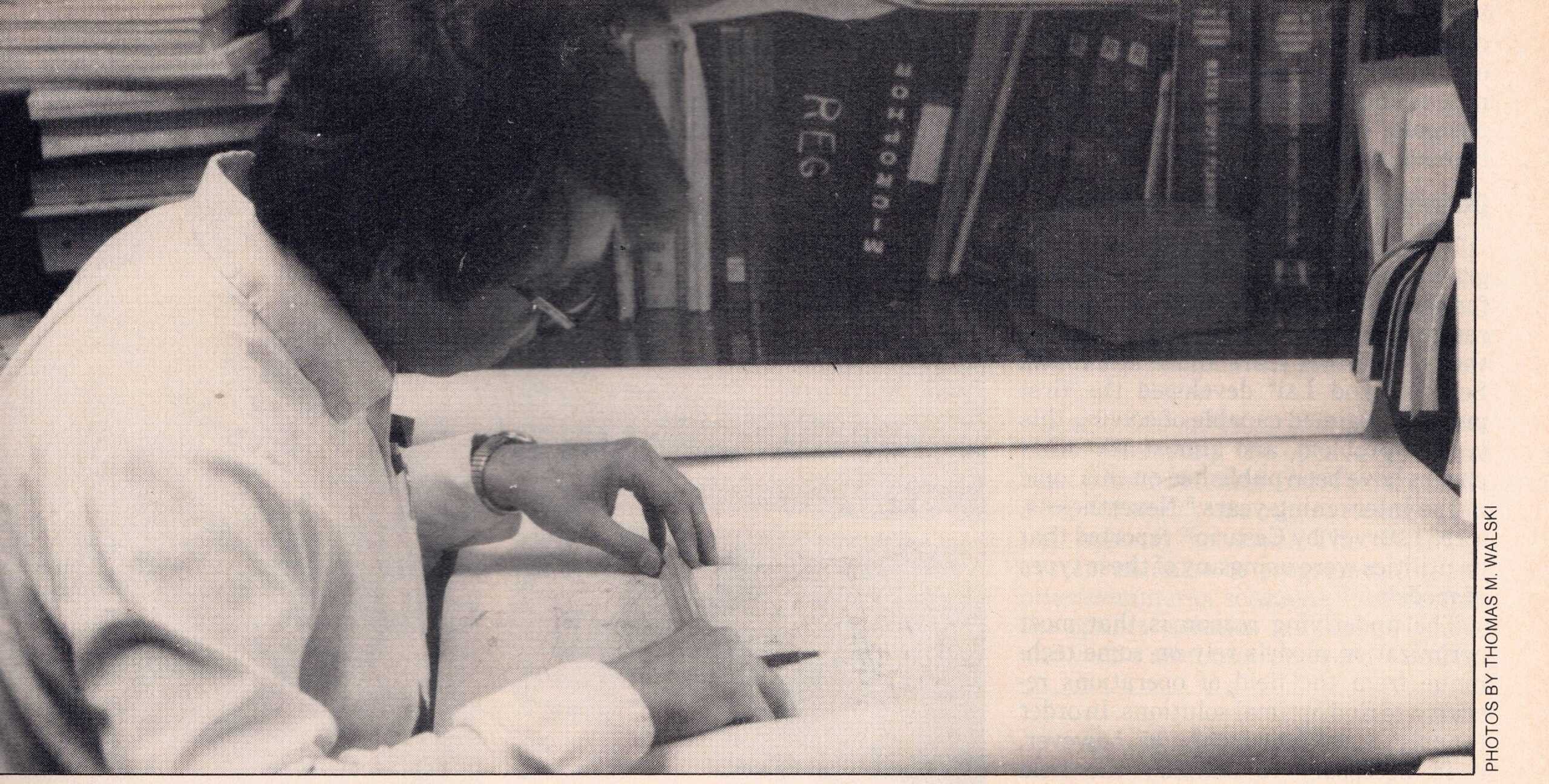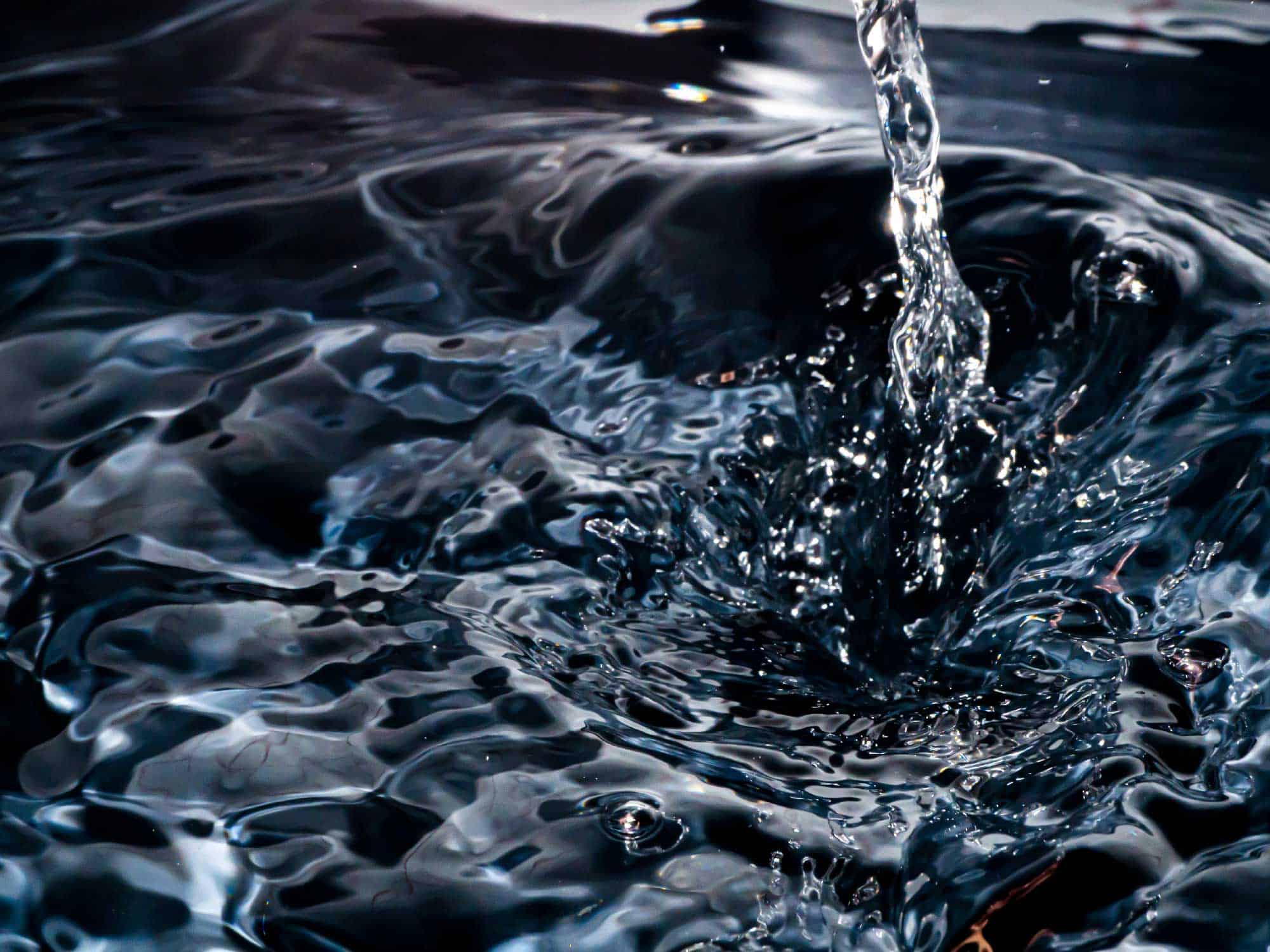No, I’m not talking about the water that your utility provides to your house through your facet (in addition to providing you with fire protection in most cases). I’m talking about the water you buy in the form of plastic bottled water.
Over the years, I’ve seen quite a few demonstrations and statistics about how much less expensive tap water is than bottled water. The comparisons are mind-boggling. Anybody who understands economics would never buy bottled water. Let me make my case for it on the household level.
Let’s say you buy about 2 L of bottled water per day per person at $1.50/L. That’s about $90 per month per person. If you and your spouse have two children, that comes to about $360 per month. That is a modest car payment, or several dinners out in town, or perhaps a new cell phone after a few months, or some ski lift tickets. Or maybe you can make a pile of dollar bills and light them on fire.
But, you say, tap water isn’t free. Yes, at about $0.002 per liter ($0.12 for 2L per person per month), tap water is not likely to break the budget. It’s difficult to light $0.12 on fire.
I realize that there is considerable deviation in prices and consumption between systems. We can argue over those numbers all day, but we would still be talking about two orders of magnitude more for bottled water.
I’ll admit that there may be a few water systems that may produce water that is not fit for consumption. I’ve seen it and it’s disappointing. But these are a tiny minority (at least in North America and Europe). When these problems are found, they are corrected over time. Often an under-the-sink or pitcher-type filter point-of-use is all that is needed to clean up the water. After all, nothing in this world is perfectly safe.
Some may argue that it is convenient to carry around plastic water bottles. That is if you don’t mind consuming millions of plastic nanoparticles in your drink or phthalates that leach from your bottle, not to mention proving to the world how you waste your money.
Because having water on hand is indeed convenient, my wife and I have stainless steel water bottles that we fill with tap water and keep in our cars or carry around when we need them. There is no need to fill your house and car with empty bottles.
And how do you dispose of these plastic marvels that contained your water? They need to be hauled “away.” This wastes space in garbage trucks and landfills without any benefit.
But plastics can be recycled. In theory, yes, but in comparison with iron, glass, and fiber, very little of it is recycled. It is difficult and uneconomical to recycle plastics, which is why only about 30 percent of plastics get recycled. Plus, there is no such substance as plastics. There are PET, PVD, HDPE, PE, PP, PS, and many others. Mixing these plastics made recycling difficult. When plastics are recycled, they tend to break down into their individual monomers which are toxic.
It’s not just in-house bottled water that is wasteful. I’ve run many races. In the past, there would be a few large jugs full of water (or Gatorade or a similar liquid) with a stack of paper cups alongside. You could fill your cups as often as you would like and generate only a fraction of the solid waste compared to events that hand out plastic bottles of water. Nowadays, you are handed a plastic water bottle at the finish line that you need to dispose of later. (True confession, I do drink the water from those bottles when they are handed to me for free.)
I also admit that I use a lot of plastic items around the house. But these are generally items that are only available in plastic, or the alternatives are not very satisfactory. No such case can be made for water bottles.
And yes, there are some exceptions to what I have said. I would rather not have broken glass bottles on the beach. And you can’t break a plastic bottle on the edge of a bar and hurt somebody during a fight. But what are you doing in a place like that anyway?
The use of plastic water bottles is a personal choice, and each of us needs to make it based on our values.
Learn more about Bentley’s water, wastewater, and stormwater solutions.

